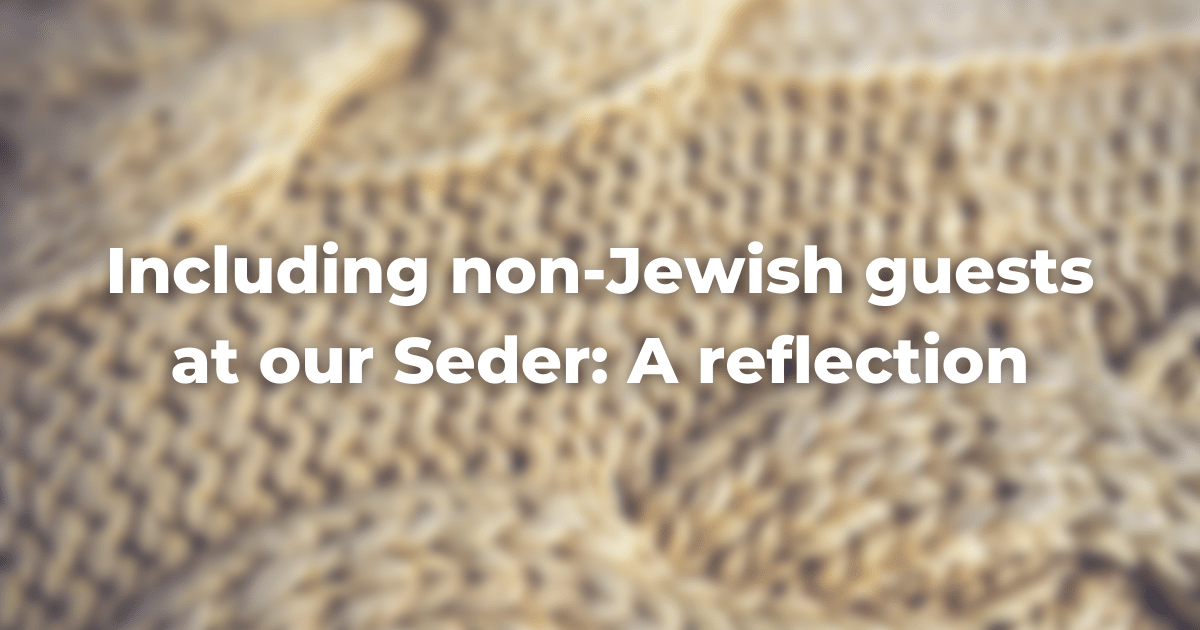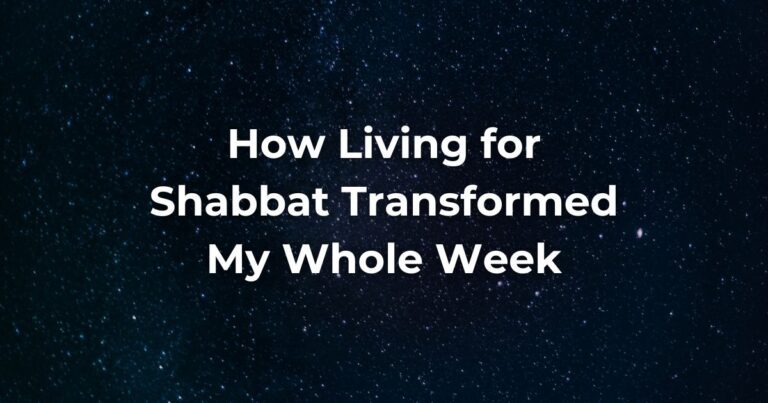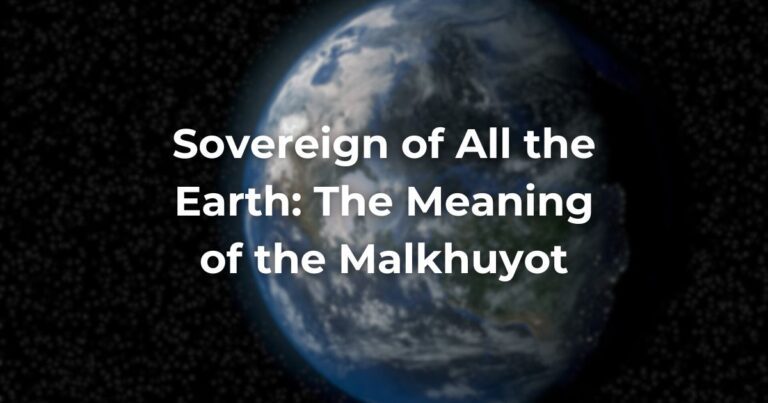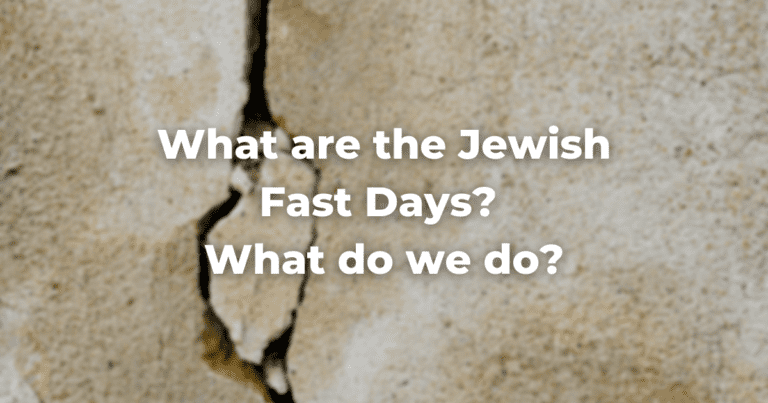All of a sudden one of our non-Jewish guests rose to his feet in the middle of the Seder. He belonged to the Bravanese community, many of whom had fled to Britain in the 1990s after they were persecuted in Somalia, ‘That’s exactly my experience,’ he said, and all the room fell quiet.
We’d been talking about the challenges of departing from Egypt, of how hard it can be to leave even those places where we know we are hated. ‘We simply couldn’t persuade my uncle that he had to get out of Germany,’ someone had said, ‘He left it too late.’ That was the moment when our guest stood up:
“Your story is my story exactly. We, the younger ones, said we had to leave. My grandfather, to whom we always turned for wisdom, was against it. We tried to persuade him, but time ran out. We fled with heavy hearts.”
Few contributions have ever brought home to me with such power as what Pesach is truly about.
The Exodus is eternally contemporary; it’s the story of too many peoples.
On Seder night we weave it into a five-fold thread.
The first is the narrative itself as told in the TorahRefers to the first five books of the Hebrew Bible, the Tanakh, also called the Five Books of Moses, Pentateuch or the Hebrew equivalent, Humash. This is also called the Written Torah. The term may also refer to teachings that expound on Jewish tradition. Read more; the enslavement of our ancestors, the heroism of the midwives, God’s redemptive power, the obligation to remember.
The second is what the Haggadah makes of the core story: the degradations and deprivations slavery entail, what being singled out and othering means, the manifold impacts of the ten plagues on Egypt, the songs of hope and freedom, the journey toward redemption.
The third thread is the interweaving of the story of the Haggadah with the history of the Jewish People, with what happened in Spain in 1492, on Kristallnacht in 1938, still within living memory, in Prague in 1968, in Apartheid South Africa, and with what is taking place even now in Ukraine, as Jews and millions of others try to flee the merciless cruelty of tyranny and find refuge in Israel and other lands of liberty.
The fourth is the thread of our own journey as we weave our personal struggles to escape the narrow places of our internal world and seek the broad spaces of inner freedom. For, as the Baal Shem Tov taught, each of us has not only our Moses and Aaron, but our inner Pharaoh as well. The answer to the question ‘What do the bitter herbs mean to you this year?’ may sometimes prove deeply moving for others round the table to hear, and sometimes too painful to relate.
The fifth thread out of which the Seder is woven is the experience of humankind in so many countries across so many centuries, including, tragically our own. ‘I believe with all my soul in the God who lead your ancestors out of Egypt,’ said our Christine, a devout Christian whom one of the leaders of the Congolese community in London had brought to our Seder.
“I believe our God is mighty to save and that He will redeem us all in His good time. So I ask you to pray for my husband who is in prison in Brazzaville. His only crime is to struggle peacefully for the rights of our people and now his life is on danger. I have faith in the power of your prayers.”
The carefully laid Seder table with its traditional symbols at once became this entire world with its cruelty, oppression, faith and hope. At its centre was the human heart itself, with all its longing for justice, liberty and joy.
Author
-
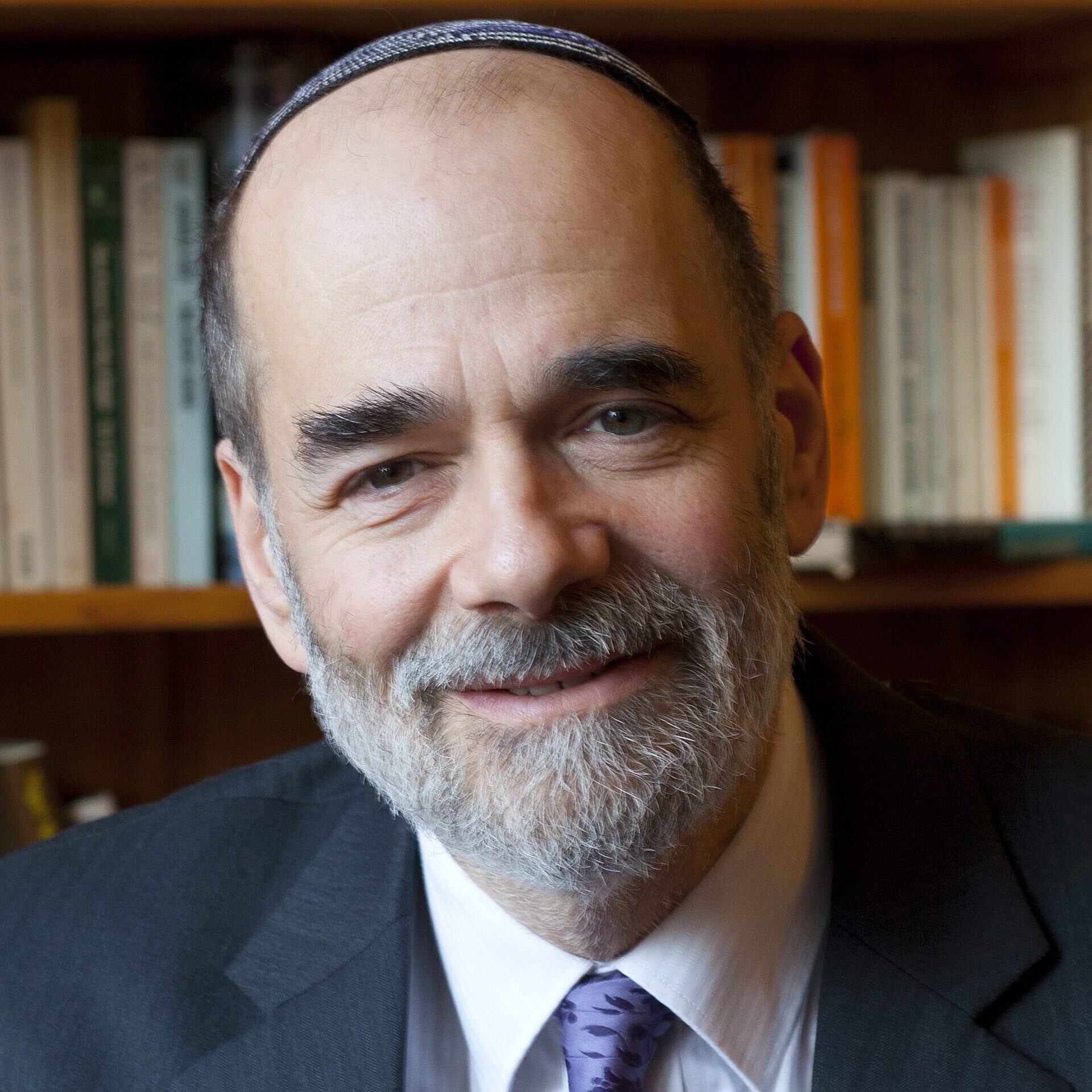
Jonathan Wittnberg is senior rabbi at The New North London Synagogue, where he has been privileged to serve for almost 40 years. He is also Senior Rabbi of Masorti Judaism UK. As well as caring deeply or people, he is passionate about nature and is co-founder of the cross-denominational environmental NGO EcoSynagogue. Author of a Torah commentary entitled: "Listening for God in Torah and Creation."
View all posts https://blackwells.co.uk/bookshop/product/Torah-Commentary-by-Jonathan-Wittenberg/9781529395839

